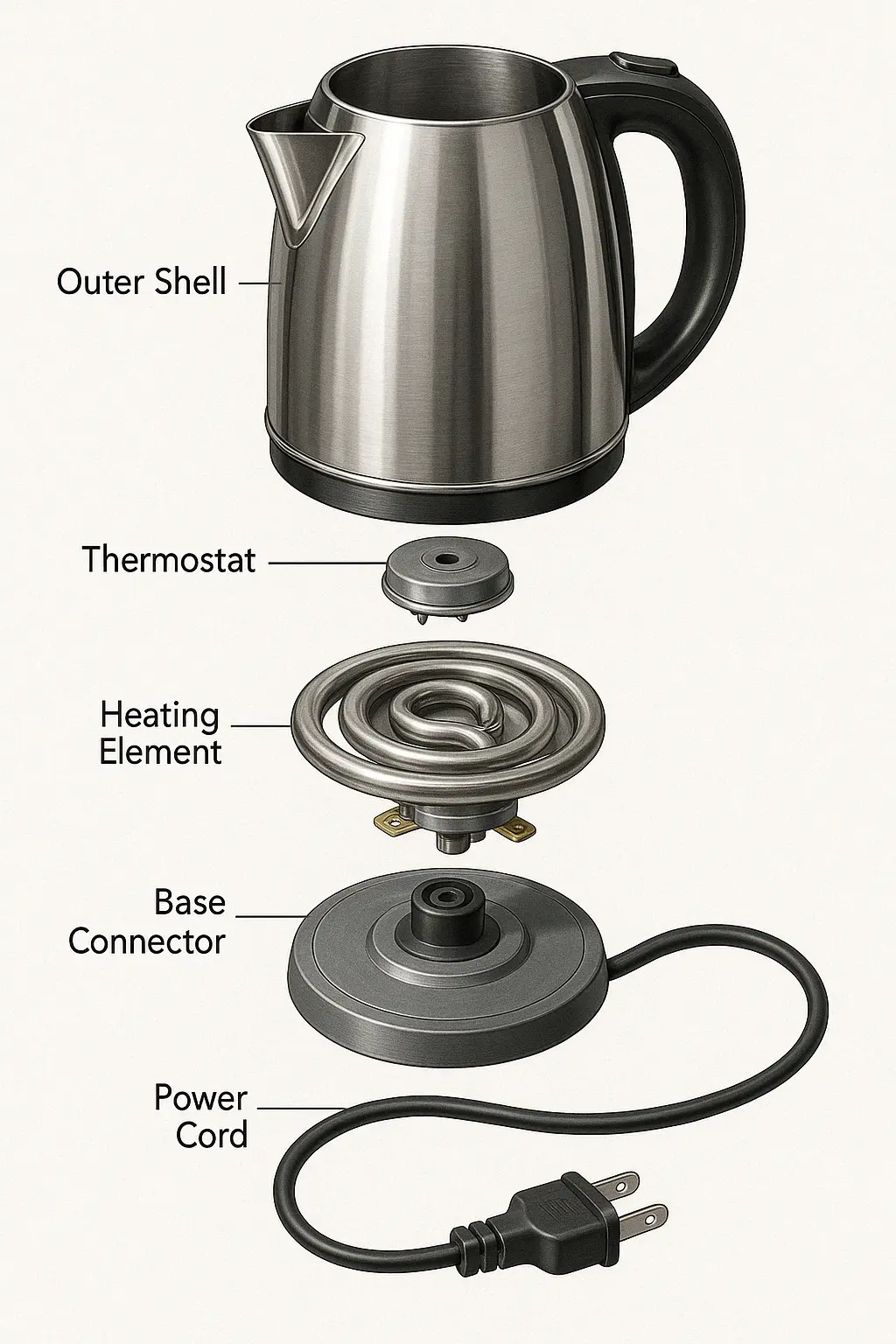
Routine Five Tests for Biocompatibility
Biocompatibility testing is a concept involving various complex biological, physical, and chemical reactions between biomaterials and the human body. It is also a central theme in biomaterial research. Generally speaking, biocompatibility refers to the degree to which a material, upon contact with the human body, is compatible with it—that is, whether it will cause toxic effects on human tissues. In this article, we will share the routine five tests for biocompatibility.

01 cytotoxicity test
This test evaluates the impact of medical devices or materials on cell growth and viability, usually by observing the effects of material extracts on cells using in vitro cell culture methods.
02 Sensitization Test
This test is used to assess the potential allergic reactions that might be triggered. It is typically conducted through skin contact tests or intracutaneous injection tests.
03 Intracutaneous Reaction or Skin Irritation Test
This test evaluates the irritation effects of medical devices or materials on local tissues. It involves skin or mucous membrane contact tests to observe whether there are irritation symptoms such as redness, swelling, or pain.
04 Acute Systemic Toxicity Test
This test assesses the toxic effects of medical devices or materials on the whole body. It is usually conducted through animal testing to observe whether systemic toxic reactions occur after the animals come into contact with the material.
05 Pyrogen Test
This test evaluates whether the pyrogen levels in the medical device sample meet the required standards. A specific dose of the sample is injected intravenously into rabbits, and their body temperature is monitored within a stipulated time frame to determine whether the pyrogen levels in the sample meet the required limits.
These five tests are crucial components of biocompatibility testing for medical devices. Their results are essential to ensure the safety and efficacy of medical devices.
China JJR Laboratory provides a range of services including medical device registration, clinical trials, consulting, GMP system guidance, and medical device training.
Email:hello@jjrlab.com
Write your message here and send it to us
 What is the 4.3 Toxicology Test in ASTM F963?
What is the 4.3 Toxicology Test in ASTM F963?
 What is the Canada Tent SOR/2024-217 Test Report?
What is the Canada Tent SOR/2024-217 Test Report?
 How to get the Amazon AS/NZS 1900 Test Report?
How to get the Amazon AS/NZS 1900 Test Report?
 Children's Jewelry CPC Certification and ASTM F292
Children's Jewelry CPC Certification and ASTM F292
 Amazon Ladder Compliance Certification Guide
Amazon Ladder Compliance Certification Guide
 Amazon and Temu Require FCM Test Reports
Amazon and Temu Require FCM Test Reports
 Electric Kettle Amazon Canada Compliance Certifica
Electric Kettle Amazon Canada Compliance Certifica
 Do You Understand Amazon Compliance Certification?
Do You Understand Amazon Compliance Certification?
Leave us a message
24-hour online customer service at any time to respond, so that you worry!




